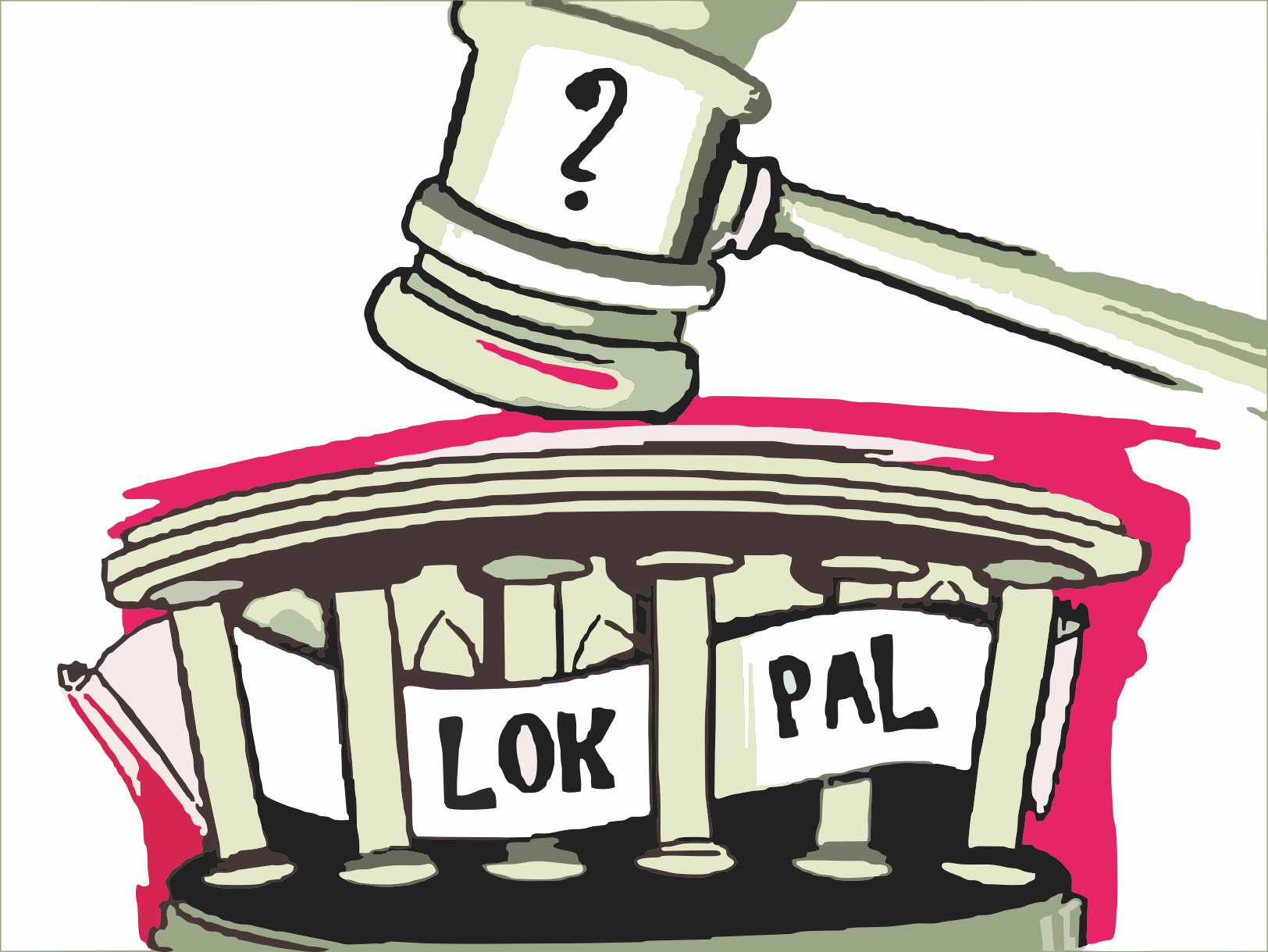The idea of an anti-corruption body and an ombudsman to look into corruption allegations against administrators, including legislators, has been floating around for over five decades now. It finally got shape with the passing of the Lokpal and Lokayuktas Bill, 2013, in Lok Sabha on December 18, 2013, but only after a nationwide protest led by India Against Corruption, a civil society movement of activist Anna Hazare.
Lokpal and Lokayukta
The ‘Lokpal’ is the central governing body that has jurisdiction over all members of parliament and central government employees in case of corruption. Whereas, the ‘Lokayukta’ is similar to the Lokpal, but functions on a state level. Scope of the ‘Lokpal’ is based on a national government level basis and the scope of the ‘Lokayukta’ relied on a state level.
The main function is to address complaints of corruption, to make inquiries, investigations, and to conduct trials for the case on respective state and central government with having responsibility to help in curbing the corruption in the central and state government.
You can also read the latest judgment by visiting [Latest Judgment]
For more information, visit [Aashayein Enquiry Section]
What is the Lokpal Bill?
Though a Bill to set-up an anti-corruption body was put forth as many as eight times between 1968 and 2011, the Lokpal and Lokayuktas Bill, 2011, stands as the base for the Lokpal Act in the present form. A Group of Ministers chaired by Pranab Mukherjee proposed this Bill, to which the Standing Committee made substantial modifications. The modified Bill, called as Lokpal and Lokayuktas Bill, 2013, was passed by the Parliament with the support of all major political parties, barring the Samajwadi party, making it the Lokpal Act of 2013.
Development of the Bill
- 1963: The idea of an ombudsman first came up in parliament during a discussion on budget allocation for the Law Ministry.
- 1966: The First Administrative Reforms Commission recommended the setting up of two independent authorities- at the central and state level, to look into complaints against public functionaries, including MPs.
- 1968: The Lokpal Bill was introduced in parliament but was not passed. Eight attempts were made till 2011 to pass the Bill, but in vain.
- 2002: The Commission to Review the Working of the Constitution headed by M.N. Venkatachiliah recommended the appointment of the Lokpal and Lokayuktas; also recommended that the PM be kept out of the ambit of the authority.
- 2005: The second Administrative Reforms Commission chaired by Veerappa Moily recommended that office of Lokpal be established without delay.
- 2011: The government formed a Group of Ministers, chaired by Pranab Mukherjee to suggest measures to tackle corruption and examine the proposal of a Lokpal Bill.
- 2013: Lokpal and Lokayuktas Bill, 2013, was passed in both Houses of Parliament.
- 2016: Lok Sabha agreed to amend the Lokpal Act and Bill was sent to Standing Committee for review.
Salient features of the Act
1. The Act allows setting up of anti-corruption ombudsman called Lokpal at the Centre and Lokayukta at the State-level.
2. The Lokpal to consist of a Chairperson and a maximum of eight Members, of which fifty percent shall be judicial Members. Fifty per cent of members of Lokpal shall be from amongst SC, ST, OBCs, Minorities and Women.
3. The selection of Chairperson and Members of Lokpal shall be through a Selection Committee consisting of –
a) Prime Minister;
b) Speaker of Lok Sabha;
c) Leader of Opposition in the Lok Sabha;
d) Chief Justice of India or a sitting Supreme Court Judge nominated by CJI;
e) An eminent jurist to be nominated by the President of India
4. A Search Committee will assist the Selection Committee in the process of selection. Fifty per cent of members of the Search Committee shall also be from amongst SC, ST, OBCs, Minorities and Women.
5. All entities receiving donations from foreign source in the context of the Foreign Contribution Regulation Act (FCRA) in excess of Rs. 10 lakhs per year are brought under the jurisdiction of Lokpal.
6. Lokpal will have power of superintendence and direction over any investigation agency including CBI for cases referred to them by Lokpal.
7. A high powered Committee chaired by the Prime Minister will recommend selection of the Director, CBI.
8. Attachment and confiscation of property of public servants acquired by corrupt means, even while prosecution is pending.
9. Prime Minister has been brought under the purview of the Lokpal.
10. Lokpal’s jurisdiction will cover all categories of public servants.
11.Provides adequate protection for honest and upright public servants.
12. Transfer of officers of CBI investigating cases referred by Lokpal with the approval of Lokpal.

